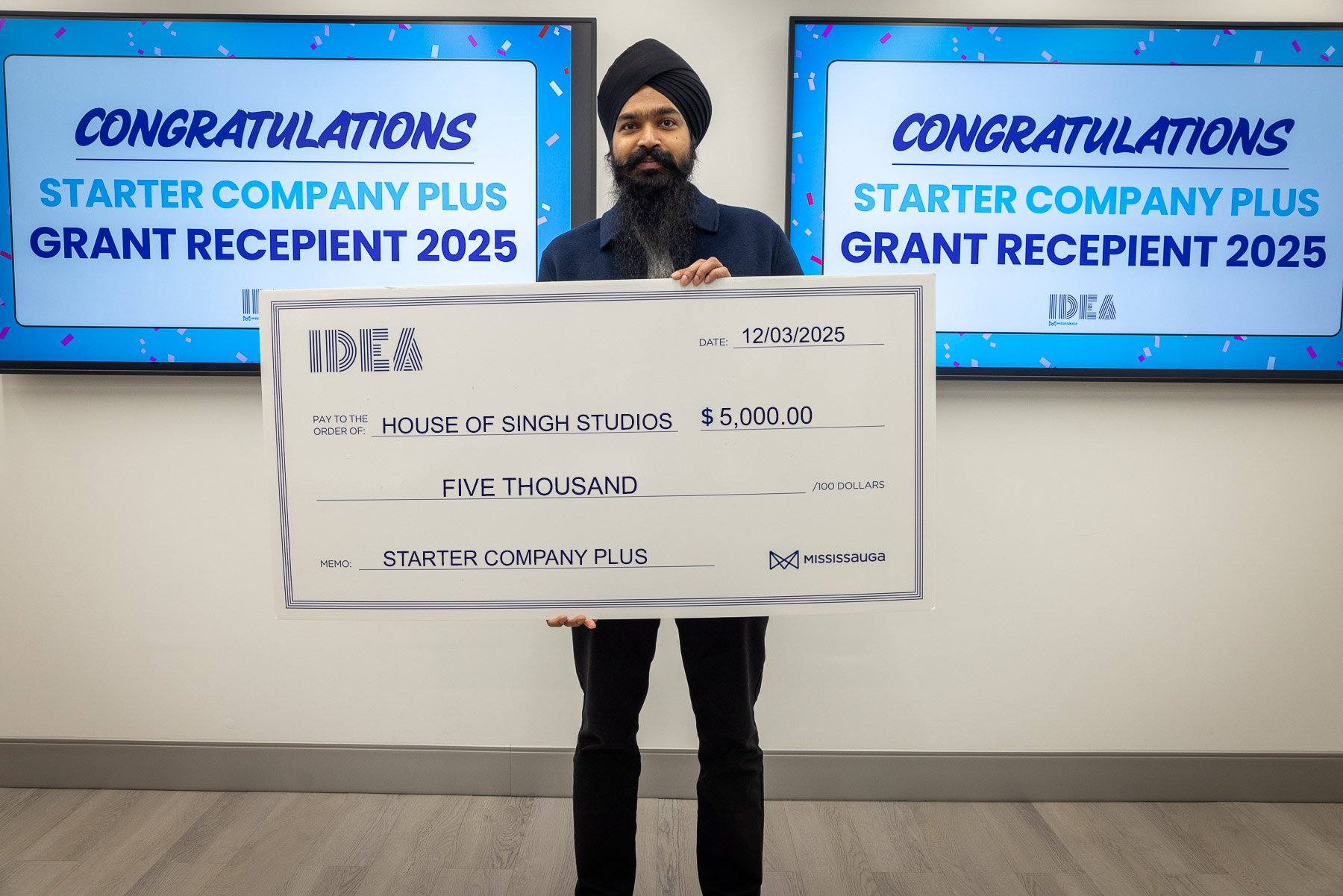How To Negotiate A Good Money-Lending Agreement With A Bank
/Money is a necessity in today's society. We need it to pay our bills, put food on the table, and to afford the occasional luxury. When we don't have enough money saved up, we often have to turn to banks and other lenders for help. If you're in need of a loan, it's important to know how to negotiate a good money-lending agreement with a bank. In this blog post, we will teach you everything you need to know about money-lending agreements so that you can get the best deal possible!
What is a money-lending agreement?
A money-lending agreement is a contract between a borrower and a lender. This agreement outlines the terms of the loan, including the interest rate, repayment schedule, and any other relevant details. Money-lending agreements are typically used for large loans, such as mortgages or business loans. However, they can also be used for personal loans.
If you're looking to take out a loan, it's important that you understand the money-lending agreement. This document will outline all of the terms of your loan, and it's essential that you read it carefully before signing anything. If any part of the agreement is confusing to you, make sure to ask questions so that there is no confusion about what you are agreeing to.
Why are money-lending agreements important?
Money-lending agreements are important because they protect both the borrower and the lender. The agreement ensures that the borrower will repay the loan according to the terms that have been agreed upon. In other words, if you can't repay your loan, the cosigner will have to.
This is why it's important to make sure that you can meet the terms of your loan before taking one out. Namely, you should look for a team of experts who can help you understand the terms of your loan. In that way, you will have a much better chance of making all of your payments on time.
For the lender, money-lending agreements protect them from borrowers who may default on their loans. By having a cosigner, the lender has someone to turn to if the borrower can't repay the loan. This helps to reduce the risk of lending money, which is why interest rates are often lower when there is a cosigner involved.
What should you look for in a money-lending agreement?
When you're looking at a money-lending agreement, there are a few things you should pay attention to. First, check the interest rate. This is the amount of money that you'll be required to pay back in addition to the original loan amount. Make sure that you can afford the interest rate before signing anything.
Next, look at the repayment schedule. This will outline when and how you'll be required to repay the loan. Most loans have monthly payments, but some may require weekly or bi-weekly payments. Be sure that you can meet the repayment schedule before agreeing to anything.
Finally, check for any hidden fees. Some lenders will charge origination fees, processing fees, or other miscellaneous charges. Be sure to ask about any hidden fees before you sign the agreement.
Avoiding defaults
It's critical to check if you can fulfill the conditions of a loan before taking one out. Defaulting on debt may lower your credit score and make future borrowing more difficult. To avoid defaulting, be sure to read the agreement carefully and make sure that you understand all of the terms. If you're not sure about something, be sure to ask questions. Aside from finding a good interest rate, you also have to make sure that the repayment schedule works for you. If there's any doubt that you can follow through with the terms of the agreement, it's better to be safe and choose another option.
Reviewing the agreement
After you've negotiated the terms of your loan, it's important to review the agreement carefully before signing anything. This document will outline all of the details of your loan, including the interest rate, repayment schedule, and any other relevant information. Make sure that you understand everything in the agreement before putting your signature on it.
A good way to review the agreement is to have a friend or family member look it over as well. They may be able to point out anything that you missed. Once you're confident that you understand the agreement, you can sign it and start making payments.
There you go! These are some tips on how to negotiate a good money-lending agreement with a bank. Be sure to read over the agreement carefully before signing anything, and don't be afraid to ask questions if you're unsure about something. By following these tips, you can be sure that you're getting the best deal possible. Good luck!












